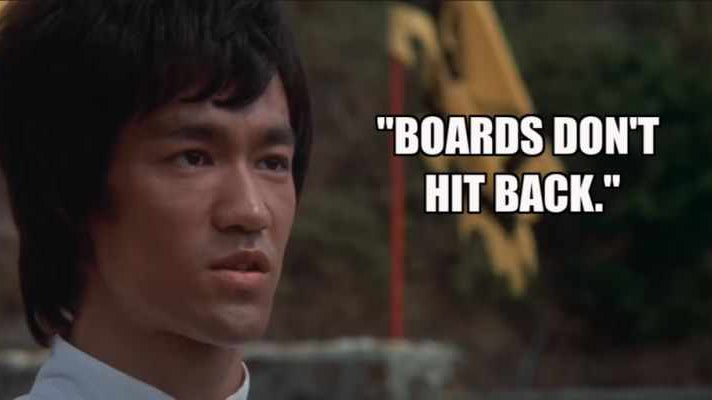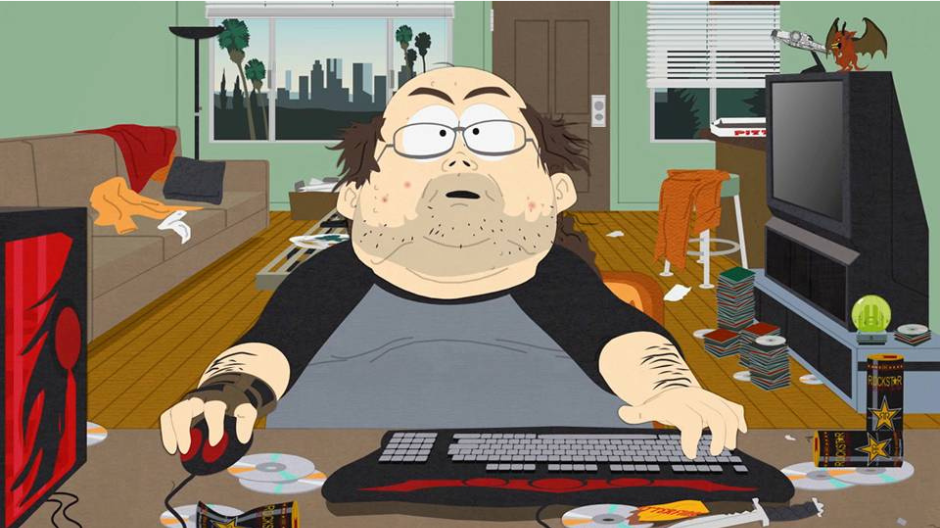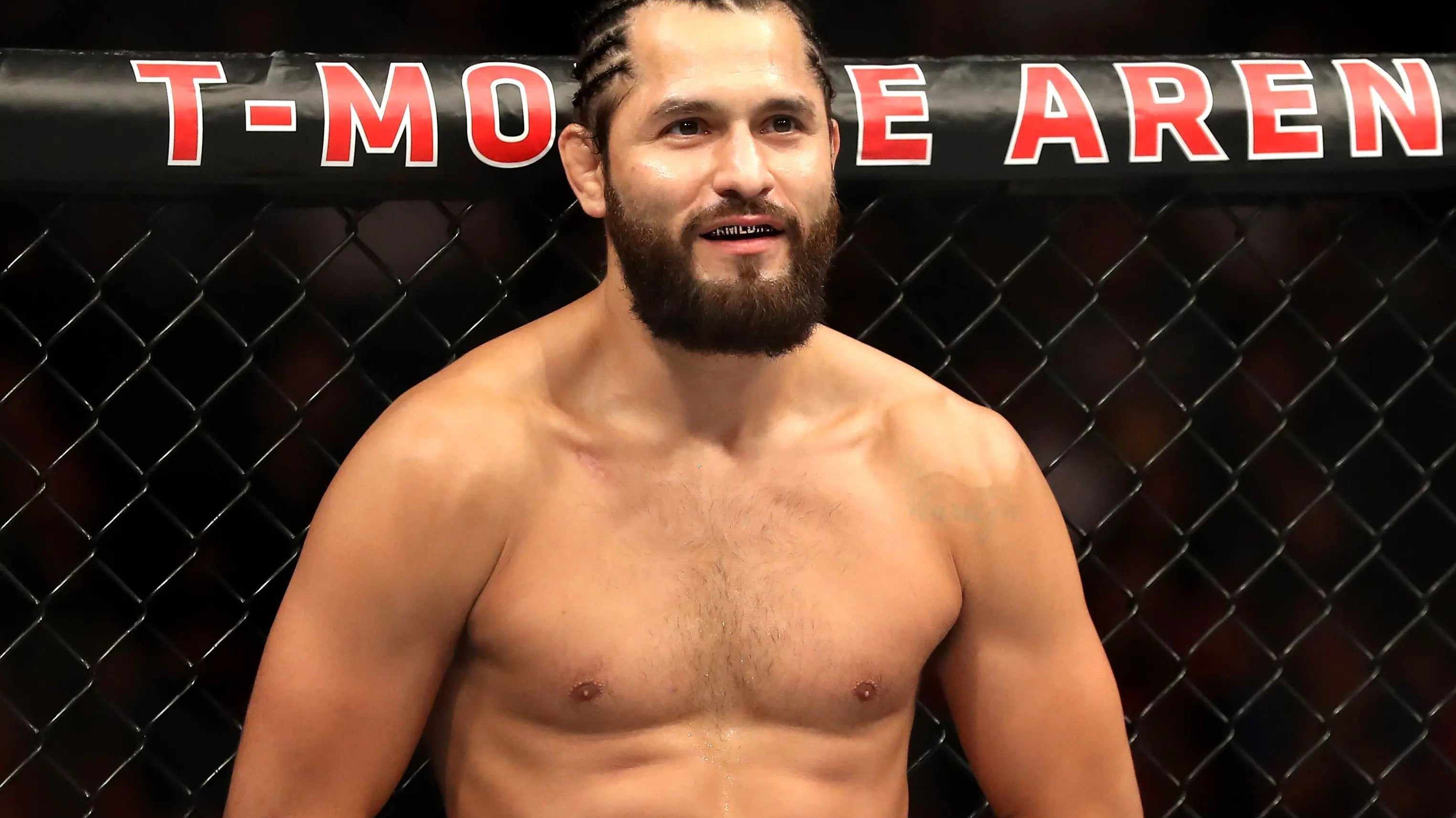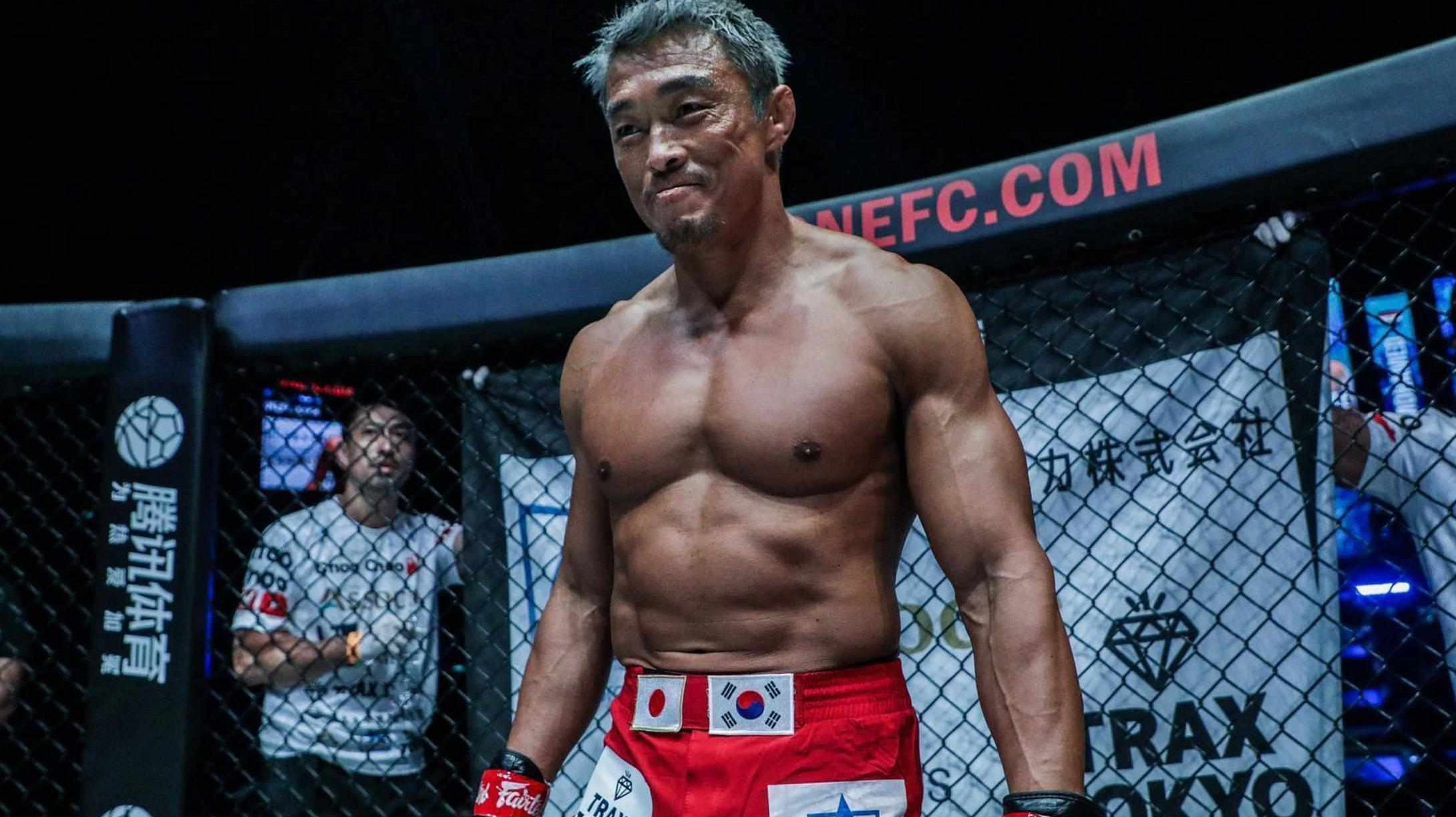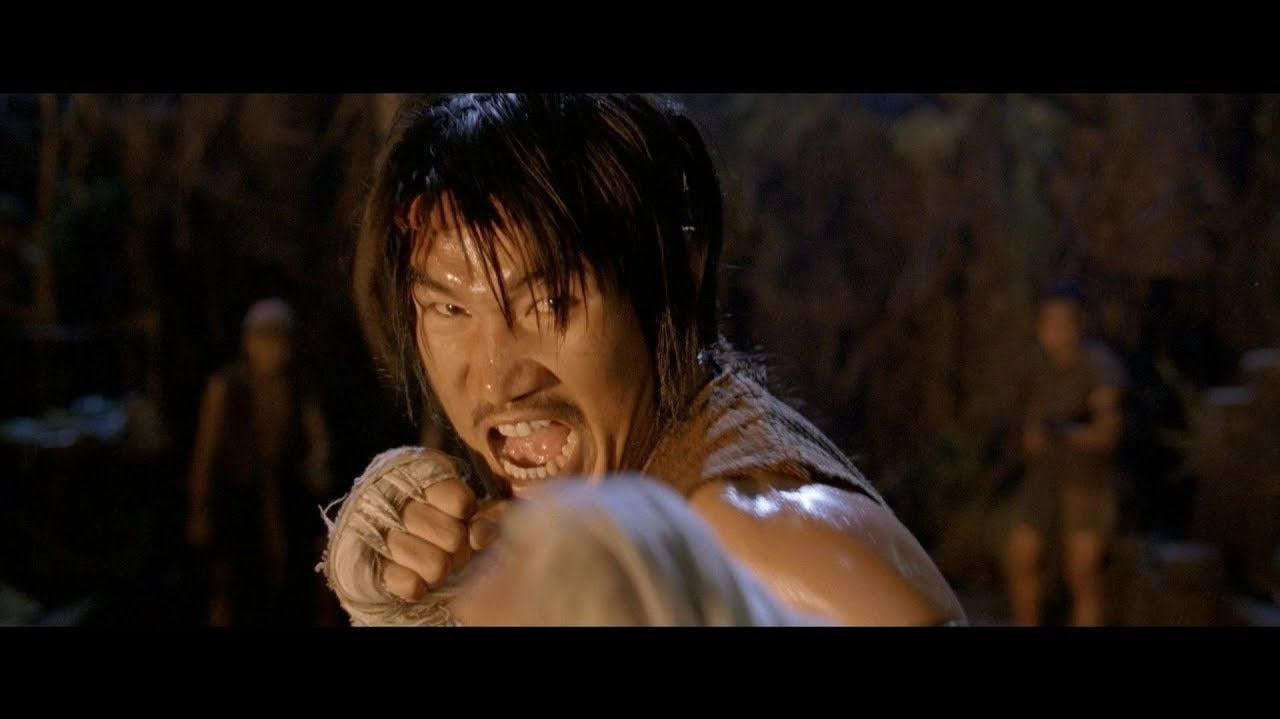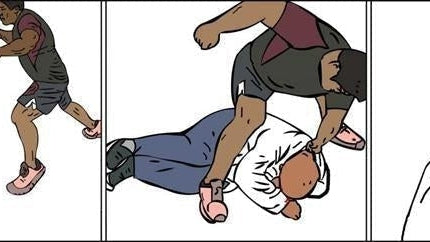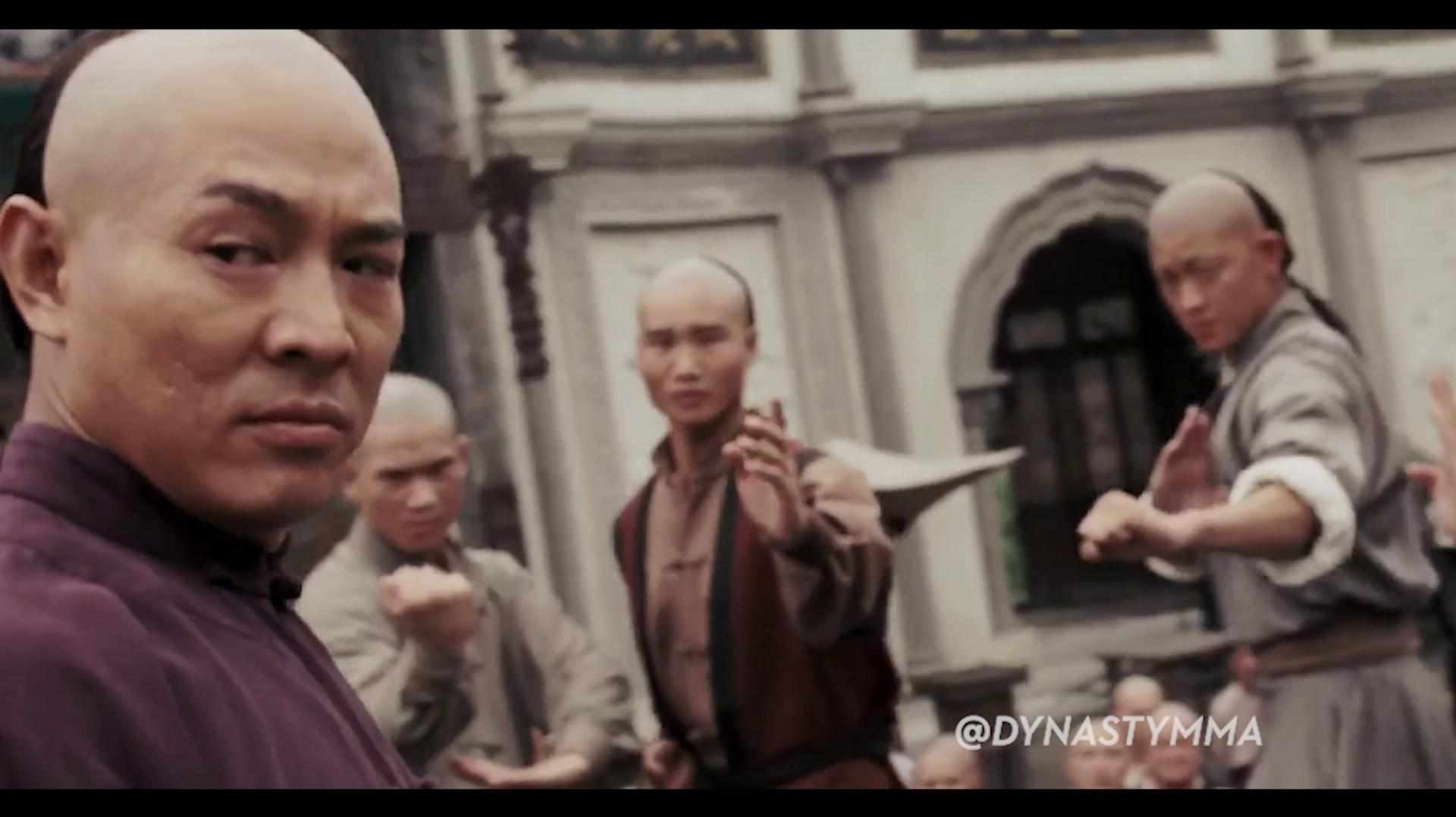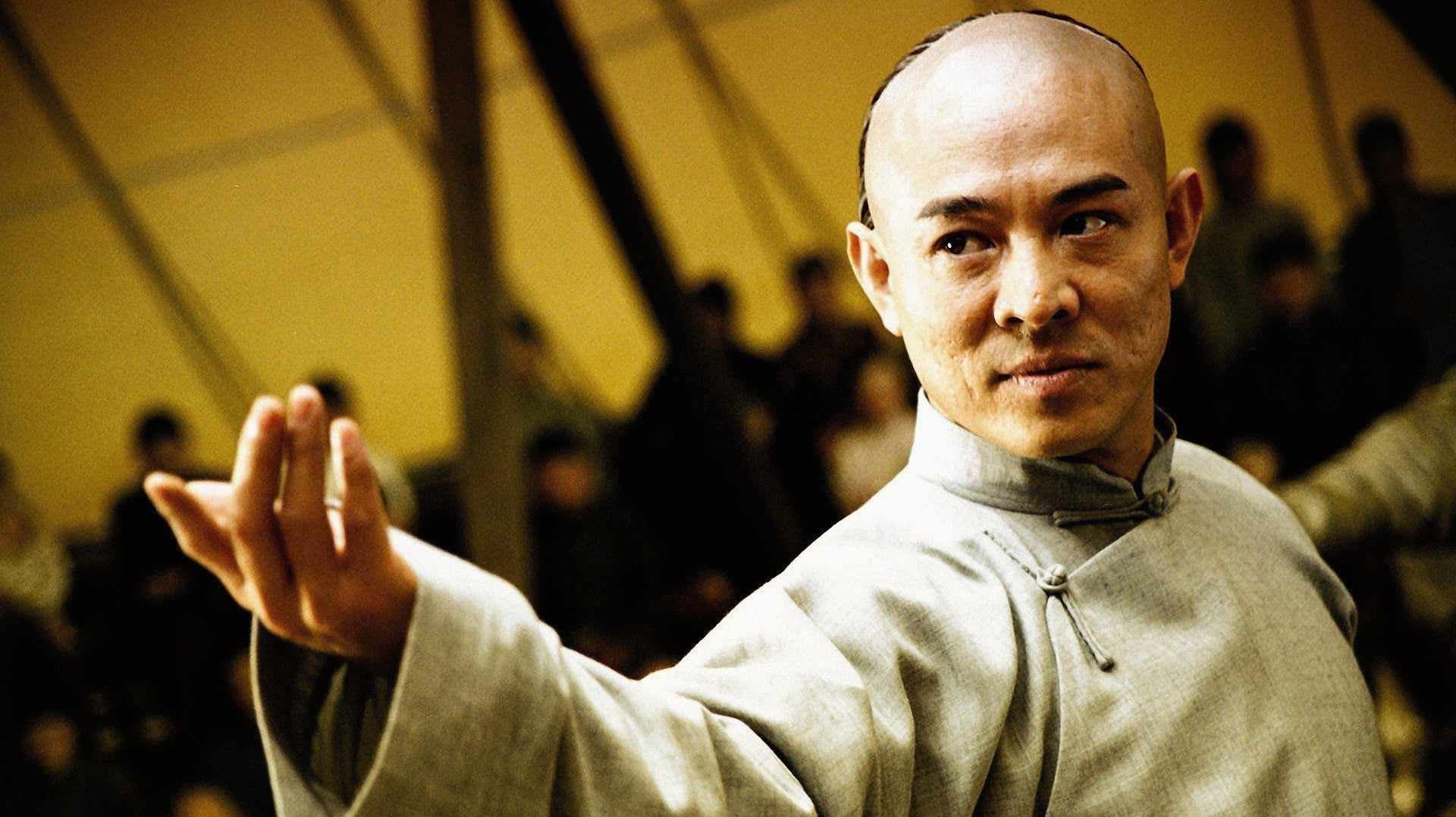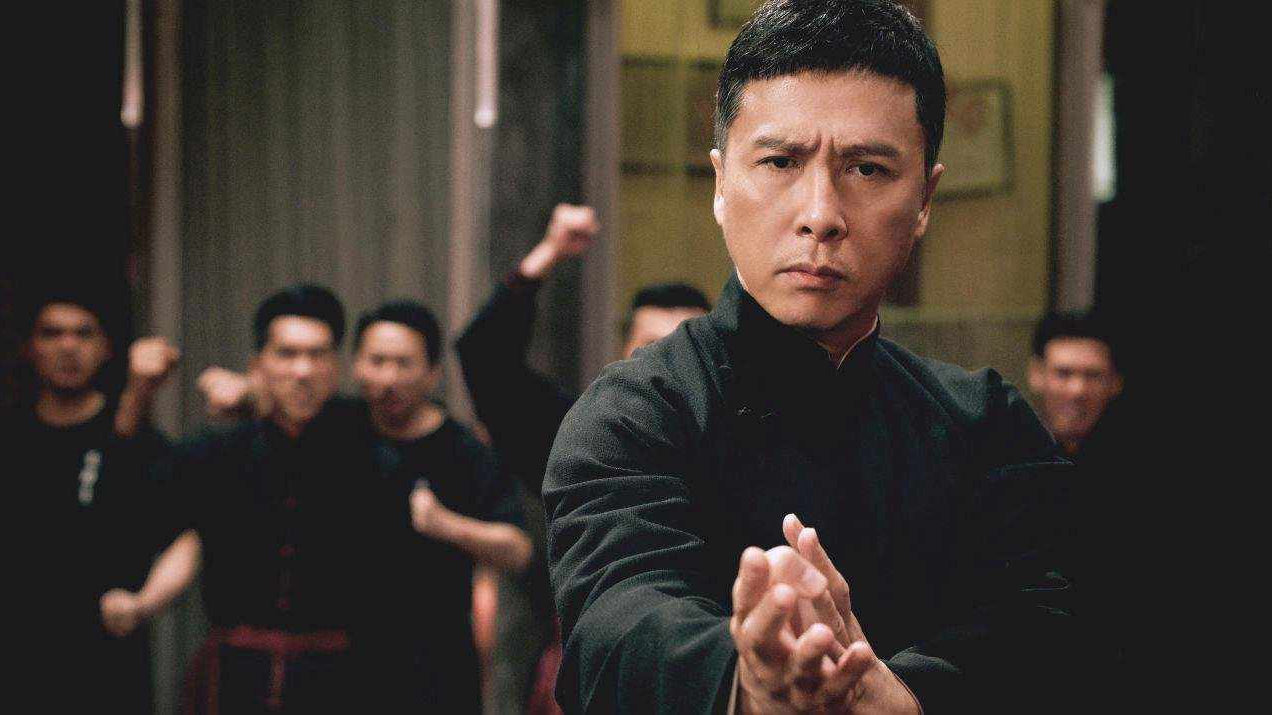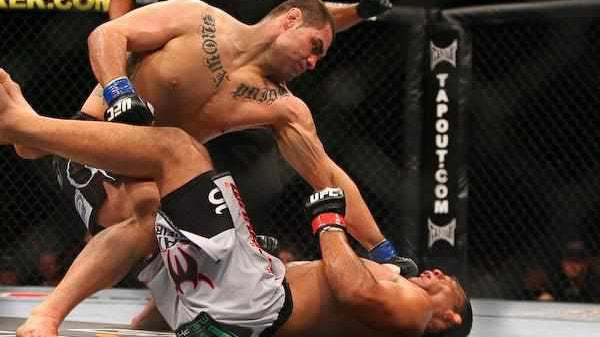Editorial
The Martial Arts Myth of "I'm Too Deadly To Spar"
If you had 100 guys that sparred regularly, 2-3 min. rounds, every few times a week vs. 100 guys who never sparred at all, and pit them against each other, 99 out of the 100 guys who sparred would win.
For the naysayers who contest this thought experiment, allow us to ask you the following. Do you really think the guys that never went past 3 seconds of live non-compliant action would win against guys who know exactly what to expect after that first 3 seconds?
Trying to argue against this idea would only expose you as both an inexperienced practitioner and teacher.
Why do men who have no fighting experience keep proclaiming they can fight?
Be wary of anyone that advertises their martial art as brutal, deadly, or not for sport.
One of the biggest red flags in martial arts is when someone tries to sell their art as exceptionally dangerous or violent. All martial arts are dangerous and violent when trained effectively.
That's the entire point.
Your art is too deadly for the ring? Mine is too deadly for the streets.
Generally, there's a myth that training with less safety equipment makes your training "more realistic".
The reality is safety equipment actually exists to ensure you can train harder and more often without injury.
Why The Level of Athleticism Required Matters In Your Martial Arts
Many people are often enamoured with the martial arts, and what they represent.
Little do people know, the generally accepted "idea" of the martial arts, which mostly come from fictional action movies, stage / fight choreography, or other forms of art or pop culture where martial arts are featured, are rooted more in make believe fantasies rather than in reality.
Often times, people who do not train seriously in martial arts or have a beginner's / low level understanding of them, assume that technique and skill will always overcome size, strength, speed, and athleticism.
Yet if that were true, there would be no such thing as weight classes in martial arts, combat sports, and in the Olympics, or gender divisions in professional sports.
Meet Ang Quan, the ancestral art to Muay Boran / Muay Thai Boxing
A little known, ancient style of martial arts named Ang Quan has resurfaced on Chinese social media in recent years. We here at Dynasty are always passionate about the martial arts and history, so we have went and researched online about this subject, and will now cover this martial art in this blog post.
The Self-Fulfilling Death Loop of Non-Competitive Martial Arts
There is an intrinsic problem that exists in many forms of non-competitive, "self-defense" martial arts - mostly older martial arts styles, but can be applied to any martial art that does not contain or emphasize a competitive sports component.
People You Meet In Online Martial Arts Communities
Jet Li on Fake Masters & What Is Real Kung Fu
What We Learned About Asian-American History In 'Ip Man 4'
At the time of the movie's release, many viewers came away confused at some of the parts and storylines of Ip Man 4, and thought that Ip Man 4 was an over-the-top action movie with an unrealistic storyline and cartoony villains.
It turns out it was much more than that, as we will explore, since Ip Man (and his star pupil Bruce Lee) were now on foreign soil, and the storyline sheds light on Bruce Lee's beginnings and his experiences in America.
This time around, everything the 'Ip Man' characters do in this movie didn't just represent Chinese / Asians back home anymore, but Chinese / Asian Americans (and history) as well.
Here is our analysis of the film's biggest themes, moments, and Asian-American history lessons to help better make sense of them for everyone.
Kung Fu: A Love / Hate Relationship
Hoi Wah Ho of Dynasty details his experiences with Chinese Martial Arts (Kung Fu) and shares why he loves Kung Fu, but hates Kung Fu at the very same time.
The Dunning-Kruger Effect in the BJJ community
As defined and modified for the Brazilian Jiu-Jitsu or grappling community: The Dunning-Kruger effect is a cognitive bias in which people wrongly overestimate their knowledge or ability regarding the effectiveness of their grappling skills in a real fighting scenario, especially when it comes to training in "sport" Jiu-Jitsu versus training in self-defense focused Jiu-Jitsu.
This tends to occur because of the general sport BJJ practitioners' lack of self-awareness in a real fighting scenario, which comes from the lack of training with strikes, wrestling / takedowns / throws / slams, and / or ground and pound, which prevents some BJJ practitioners from accurately assessing their own skills.

